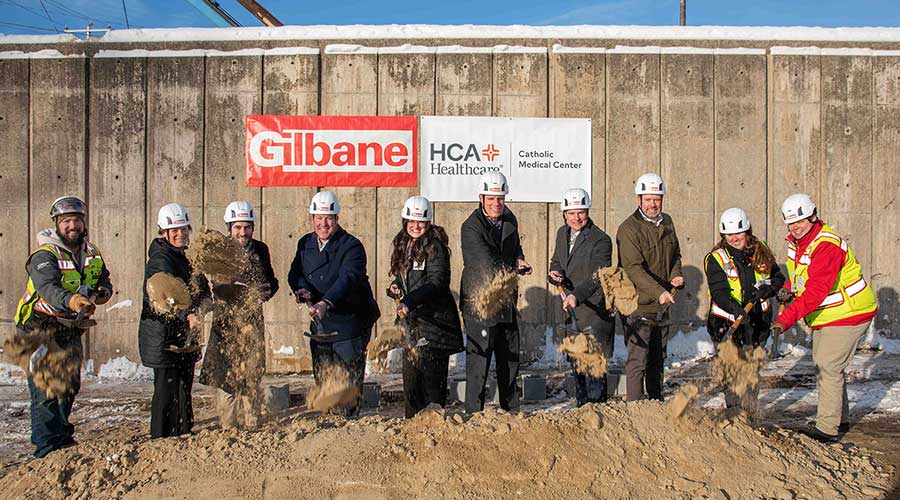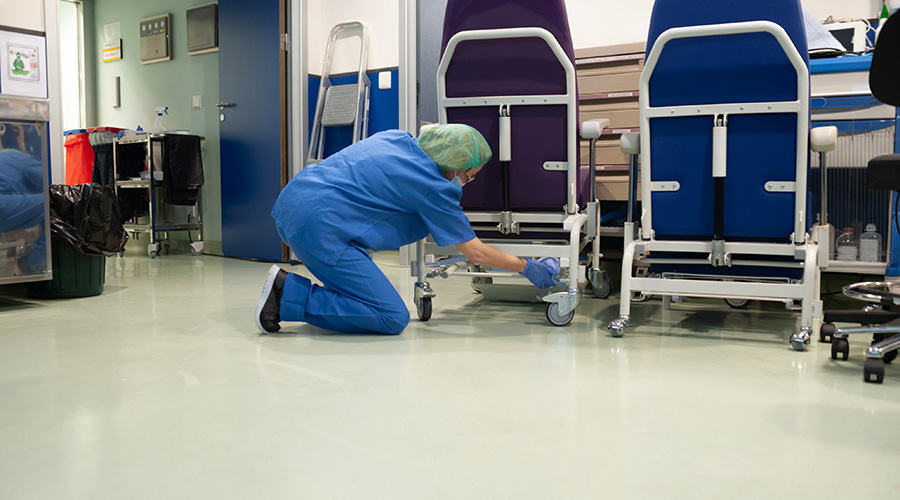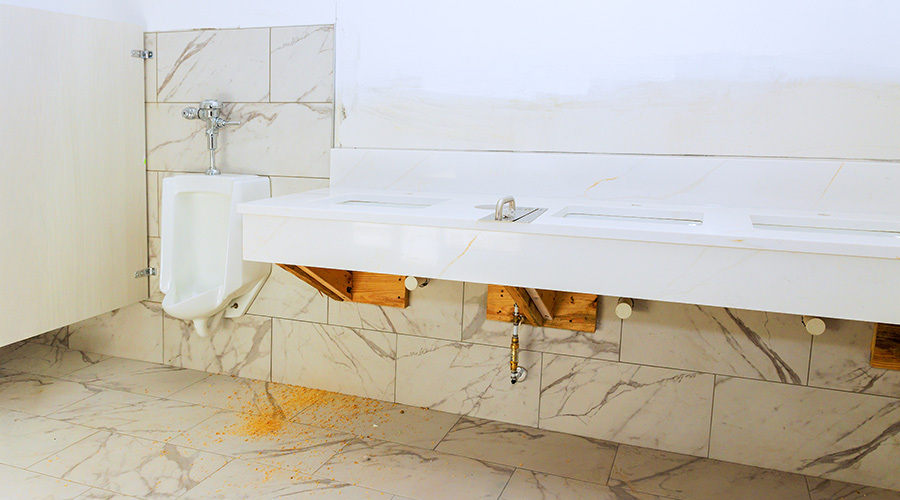NorthBay VacaValley Hospital recently installed a new energy-efficient outdoor lighting system in partnership with the University of California, Davis, according to an article on the UC-Davis website.
The system is reducing outdoor lighting energy use at the 24-hour site by 66 percent, saving about 29,000 kilowatt-hours annually — enough to offset the greenhouse gas emissions of 7.2 tons of waste.
The project is the first comprehensive study of “networked adaptive” outdoor lighting for the healthcare sector and could lead the way to more efficient lighting at other hospitals. Adaptive lighting uses tools such as occupancy sensors to adjust lighting to suit activity levels, the article said.
The outdoor lighting system was first demonstrated at UC Davis.
At the hospital, a total of 57 lights were replaced with dimmable LEDs and motion sensors, including a new type of long-range microwave sensor that controls the lights so that energy use automatically drops when areas are vacant, yet plenty of light is available when and where staff and visitors need it.
The lights are also connected to a wireless network lighting control system that lets facility managers monitor energy use, make adjustments and receive alerts when a light requires maintenance.

 Building Envelopes Emerge As Key Facility Components
Building Envelopes Emerge As Key Facility Components Catholic Medical Center Breaks Ground on New Central Energy Plant
Catholic Medical Center Breaks Ground on New Central Energy Plant Cottage Hospital Ensnared in Data Breach
Cottage Hospital Ensnared in Data Breach Biofilm 'Life Raft' Changes C. Auris Risk
Biofilm 'Life Raft' Changes C. Auris Risk How Healthcare Restrooms Are Rethinking Water Efficiency
How Healthcare Restrooms Are Rethinking Water Efficiency